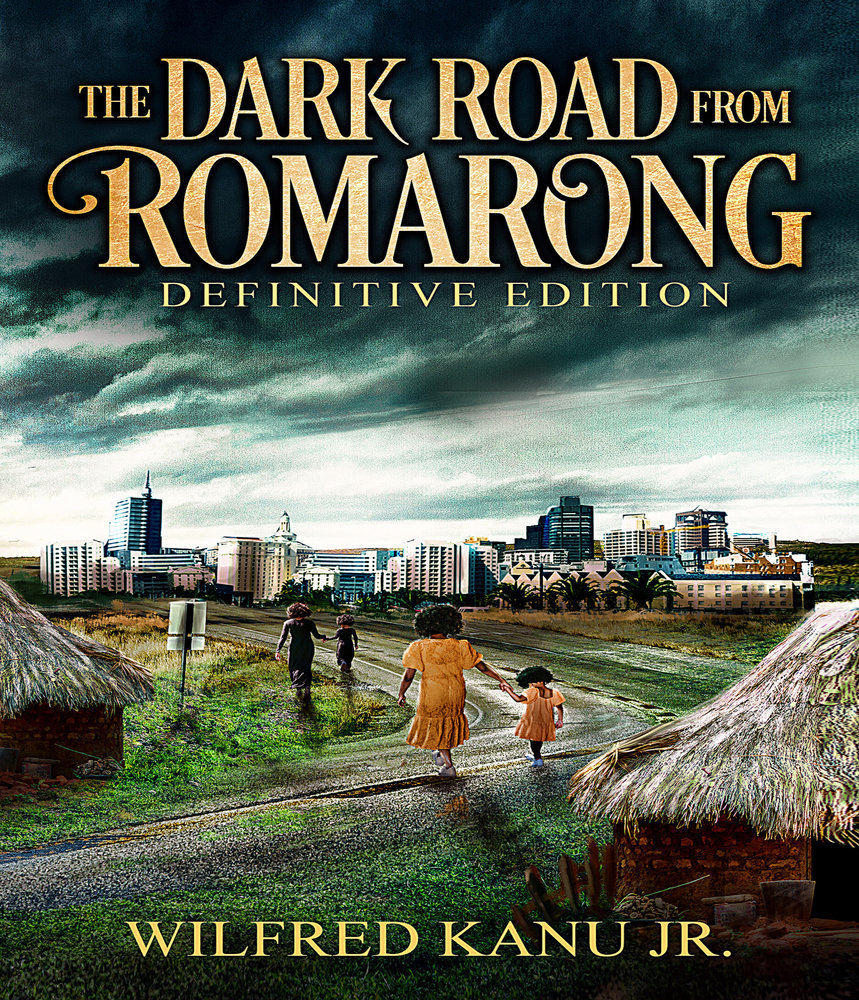How did the region of West Africa called Romarong become what we know as Freetown, the capital of Sierra Leone? Romarong was a hotbed. The Mali Empire collapsed, and the Songhai came into prominence. There were the Arab and European slave trades. This story concludes when the British colonized the region. Exploring this anecdote from the natives' perspective fits Freddy Will's impression that Sierra Leone was part of the ancient Koya Empire. It also sheds light on the specific impacts of her numerous ethnic groups.It's a bold outing that showcases the heritage and correlates how the unique traditional and religious culture hitches the ethnic groups. It encompasses the history and culture of the ancient West African coastal and hinterland dwellers who emigrated and intermarried as the Trans-Saharan and Trans-Atlantic slave trades proceeded. The reader follows the journey of Mende, Temne, Susu, Malinke, Kisi, Loko, and Fulani people. The author gives this account, connecting the West African perspective with the liberated Blacks who arrived there.Romarong means "a place of wailers" or "land of tears." Horrid weather conditions, pandemics, tribal wars, human trafficking, the assimilation of Islam and Christianity, and colonization. Learn about the repatriation of freed Blacks from England, the United States, Canada, and the West Indies and how the colonization of Freetown and her surroundings shaped what we now know as Sierra Leone. The legendary Bai Burreh's epic hut tax war against the British and the brave Sengbe Pieh's rebellion aboard the Spanish ship La Amistad Krio is a broken language from English, French, Portuguese, German (European cultural impacts), Mende, Limba, and Temne, among other African languages. Freed-melanated people returning from the United States, Canada, England, and the Caribbean islands developed the tongue. This book also includes the English translations of the Krio lyrics from the accompanying hip-hop album "Dark Horse from Romarong ...a City of Kings" by hip-hop recording artist Freddy Will. He recorded the music in the Krio language of Sierra Leone


